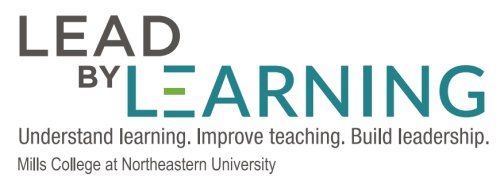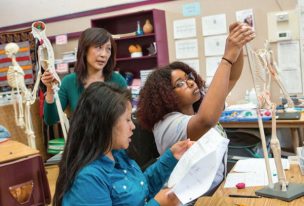New Visions of Teacher Learning: Our Teacher Inquiry in Action Forum
At last month’s Teacher Inquiry in Action Forum, attendees walked away with new ideas about what teacher-led learning looks like and sounds like. From using video to strengthen collaboration and instruction to understanding the connection between academic learning and social emotional learning, our partners provided an introduction to exciting opportunities for teacher-led practice improvement.
Using Video to Understand Student Learning (Rosa Parks Elementary, Berkeley Unified)
- “If we acknowledge that learning is in the process– not in the product– then we need to find out what and how students are learning. We really need to watch and understand how they are engaging in the work” -Matilde Merello on the importance of collaboratively watching classroom videos of students engaged in instructional activities
- “It is a myth that all it takes are some tech tools such as cameras and sharing platforms to integrate video as a path to instructional improvement. Teacher leaders need to address school culture conditions to create a safe and trusting environment for collaborative teacher learning using classroom video.”- Michelle Contreras

Carla Aiello from Emerson Elementary (OUSD) discusses what she has learned about how Social Emotional Learning competencies support her kindergarteners’ independent reading success.
Understanding the Integration of Social Emotional Learning and Content Learning (OUSD SEL)
- Social Emotional Learning is not a separate class or time of day. Social Emotional Learning is inextricably linked to academic content learning.
- When thinking about how to approach supporting students’ SEL competencies, think about starting with an academic area and then ask yourself, “What SEL skills does it take for students to be successful here?” This shifts the entire planning, assessment and feedback process.
Supporting African American Males With Text Analysis (RISE Community School, OUSD)
- Too often the conversation around African American boys is around behavior, not learning.
- Looking closely at individual focal student learning can help us recognize student assets and help teachers draw upon student strengths—Who is this child as a person? What are his passions? What is he connecting with in the text?
- Reading/Writing/Talking work together to support learners in accessing and analyzing texts. Talking in book groups before writing about text can bolster the quality of text analysis.

